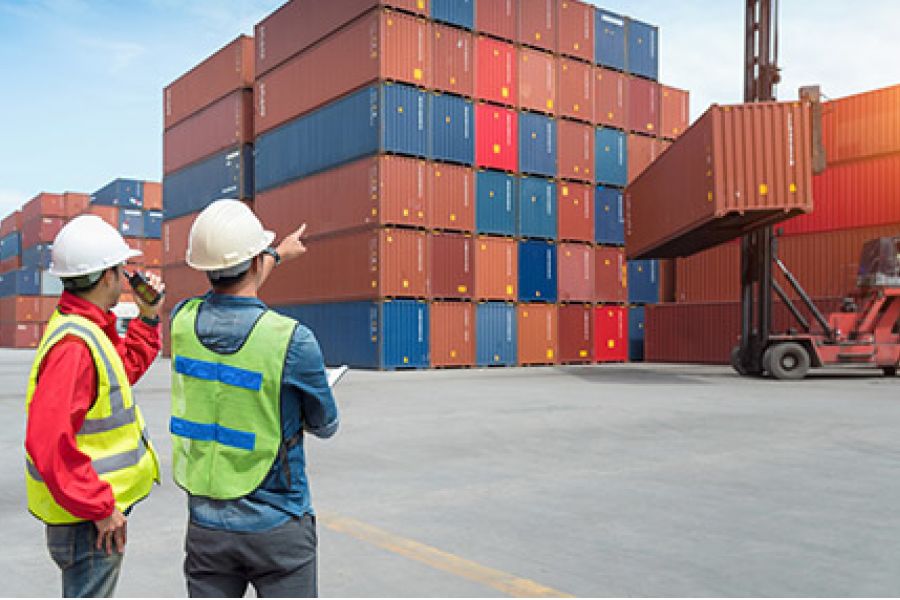Protecting Against International Trade Fraud

The U.S. economy depends on import and export markets to run as designed. After all, revenue from trade tariffs and duties contribute $30 billion annually to federal government coffers. Unfortunately, fraud regularly throws a wrench in the works of global trade, and individual businesses suffer. Your company might, for example, lose money if a seller ships substandard goods or it could get fleeced if it turns out that a shipment doesn’t exist. Be vigilent in protecting against international trade fraud.
The problem with letters of credit
To facilitate international trade, buyers and sellers often rely on documentary letters of credit (DLCs). For a fee, banks issue DLCs that pay sellers from buyers once the specified terms of the DLC are fulfilled. These documents theoretically shift risk to the bank offering the DLC.
According to the Uniform Customs & Practice for Documentary Credits, banks should work with “documents and not with goods, services or performance to which the documents may relate.” Therefore, sellers can present the documents specified in the DLC and receive payment, yet still defraud buyers.
To this end, a seller might:
Falsify documents about cargo status. Even though the seller receives payment under the DLC, the goods never materialize.
Sell substandard goods. Here, the seller ships goods made with lower-quality materials or less than the quantity ordered by the buyer.
Contract with more than one buyer. In this scenario, the cargo exists, but the seller “sells” it to multiple buyers. It collects payment for more than one shipment, but only one company receives the goods. Similarly, a seller might present duplicate bills of lading for the same cargo.
Solutions for protecting your business
So how can you engage in international trade and avoid crooked players? If you’re buying goods, research the seller’s background. Ask for and check references and contact the consulate general in the country where the seller is located. Third-party experts can also investigate the financial standing and business reputations of prospective international trade partners.
You might also engage an independent inspector to verify a shipment. If you include an inspection clause in your DLC, the bank will only issue payment to the seller after it receives the inspection certificate. Or, insert a clause in the DLC that allows you to inspect the goods yourself before payment is released.
Exporters should also be wary
If you’re exporting goods overseas, many of the same principles apply, including performing thorough research on your trade partner. Also, to prevent costly misunderstandings, make sure your contract includes a detailed list of buyer and seller responsibilities. You must be vigilent in protecting against international trade fraud. For more information about exporting goods, visit the federal government’s export.gov site.
(This is Blog Post #673)


